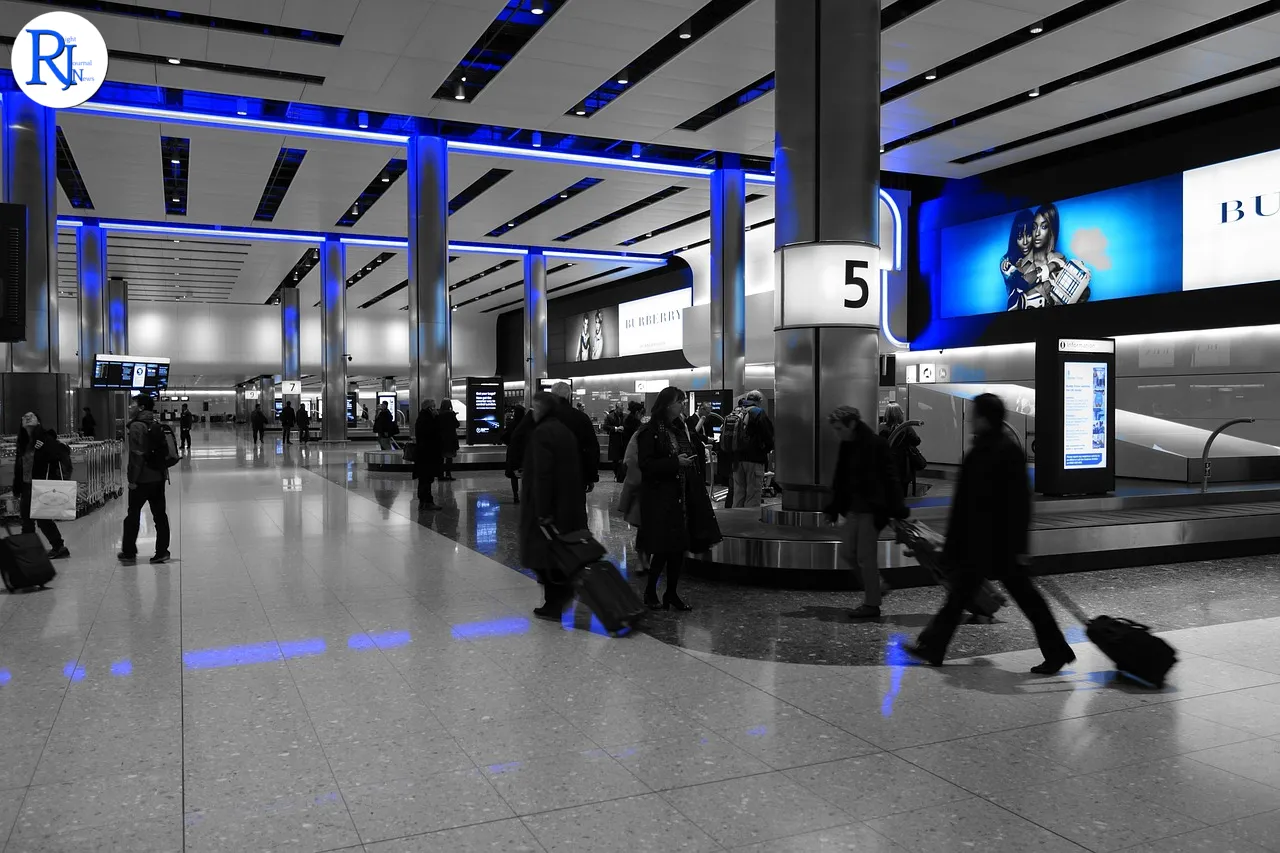Heathrow Airport’s Chief Executive, John Holland-Kaye, is set to face rigorous questioning from Members of Parliament over the recent shutdown that left thousands of passengers stranded. The closure, which has sparked widespread public dissatisfaction, will be the focal point of the upcoming Commons Transport Committee hearing. MPs are expected to scrutinise the measures in place to prevent such disruptions in future and seek accountability for the operational failure.
Incident Timing and Location
The incident unfolded at Heathrow Airport, one of the busiest in the world, on 28 March 2025. The unexpected shutdown lasted several hours, affecting both domestic and international flights. Passengers expressed frustration as they faced long delays, with many struggling to find alternative travel arrangements. The situation led to significant disruptions and financial losses for airlines and passengers alike.

Operational Failure Under Scrutiny
The shutdown has raised serious questions about Heathrow’s operational resilience. Initial reports suggest a technical glitch in the airport’s traffic management system as the root cause. However, MPs are keen to understand why existing contingency plans failed to mitigate the impact. “The incident highlights a critical vulnerability in our aviation infrastructure,” said Sarah Jones, a member of the Transport Committee. “We need assurances that such a failure won’t happen again.”
The hearing aims to uncover whether Heathrow’s management had prior warnings of potential system vulnerabilities and if maintenance protocols were adequately followed. Industry experts have pointed out that while technical failures can occur, the scale of disruption suggests a lack of effective crisis management strategies.
Impact on Passengers and Airlines
The shutdown’s immediate effect was felt by passengers who found themselves stranded at the airport with limited information. Airlines also bore the brunt, with many forced to cancel or reschedule flights, leading to logistical challenges and increased operational costs. Heathrow has faced criticism for its handling of the situation, particularly its communication with affected travellers.
“Passengers deserve better transparency and support during such incidents,” said Alex Cruz, former CEO of British Airways. “This event should serve as a wake-up call for the entire industry to improve crisis management and customer care.”
Government and Industry Response
In response to the shutdown, the government has pledged to review aviation safety and operational protocols. Transport Secretary, Grant Shapps, stated that ensuring the reliability of major transport hubs is a priority. The hearing will explore potential regulatory changes to enhance airport resilience and passenger rights during disruptions.
Airline industry groups have also called for collaborative efforts to address systemic issues. The International Air Transport Association (IATA) emphasised the need for robust technological solutions and better coordination among stakeholders to prevent similar incidents in the future.
Technological Challenges and Solutions
The incident at Heathrow underscores the growing reliance on technology in managing complex airport operations. While technological advancements have improved efficiency, they also introduce new risks. Experts suggest that regular system audits and updates are crucial to maintaining operational integrity.
“Airports must invest in cutting-edge technology and ensure rigorous testing to identify potential weaknesses,” said Dr. Emily Clarke, an aviation systems analyst. “Proactive measures can significantly reduce the likelihood of system failures.”
The hearing will likely address the role of technology in modern airport management and explore innovative solutions to enhance system reliability.
Looking Ahead: Ensuring Resilience
The upcoming Commons Transport Committee hearing presents an opportunity for Heathrow and the wider aviation industry to reassess and strengthen their operational protocols. With passenger trust at stake, it is imperative for stakeholders to demonstrate a commitment to improving crisis management strategies.
Future-proofing airport operations will require a multi-faceted approach, combining technological upgrades, regulatory support, and enhanced communication channels. As the industry navigates these challenges, the focus must remain on delivering a seamless and reliable travel experience for passengers worldwide.

